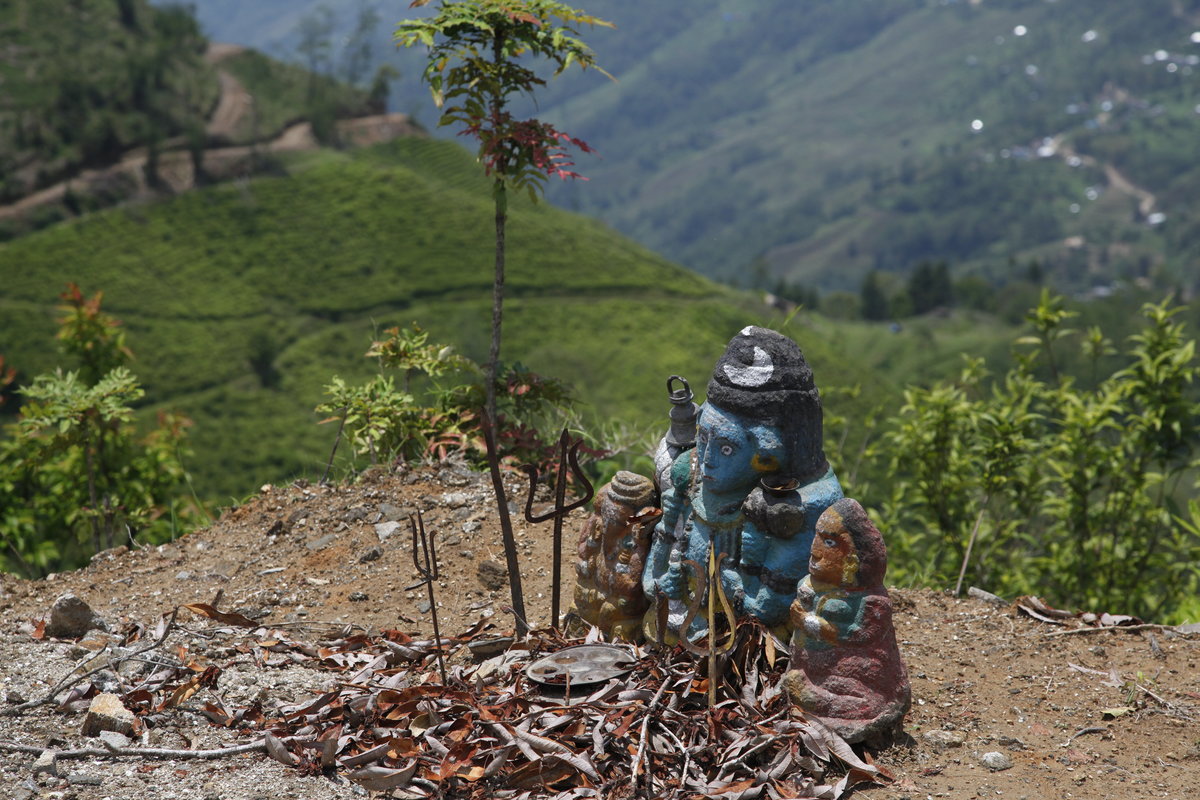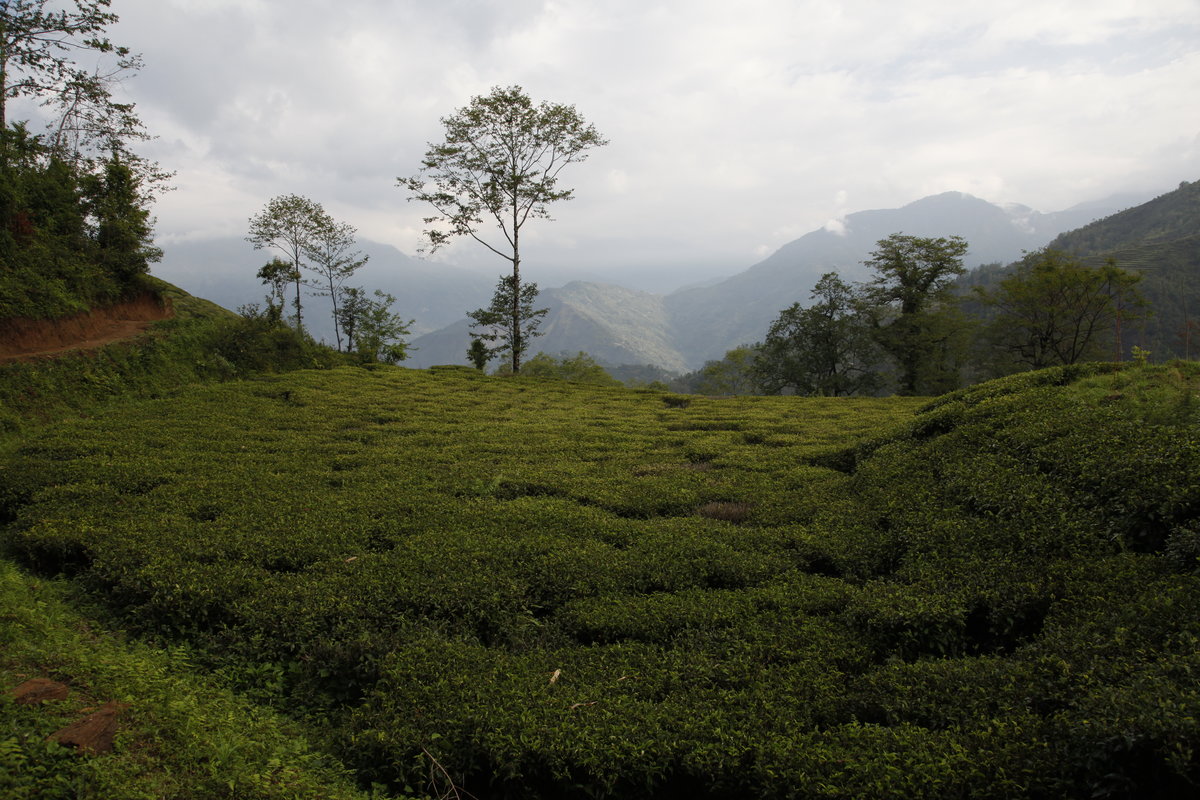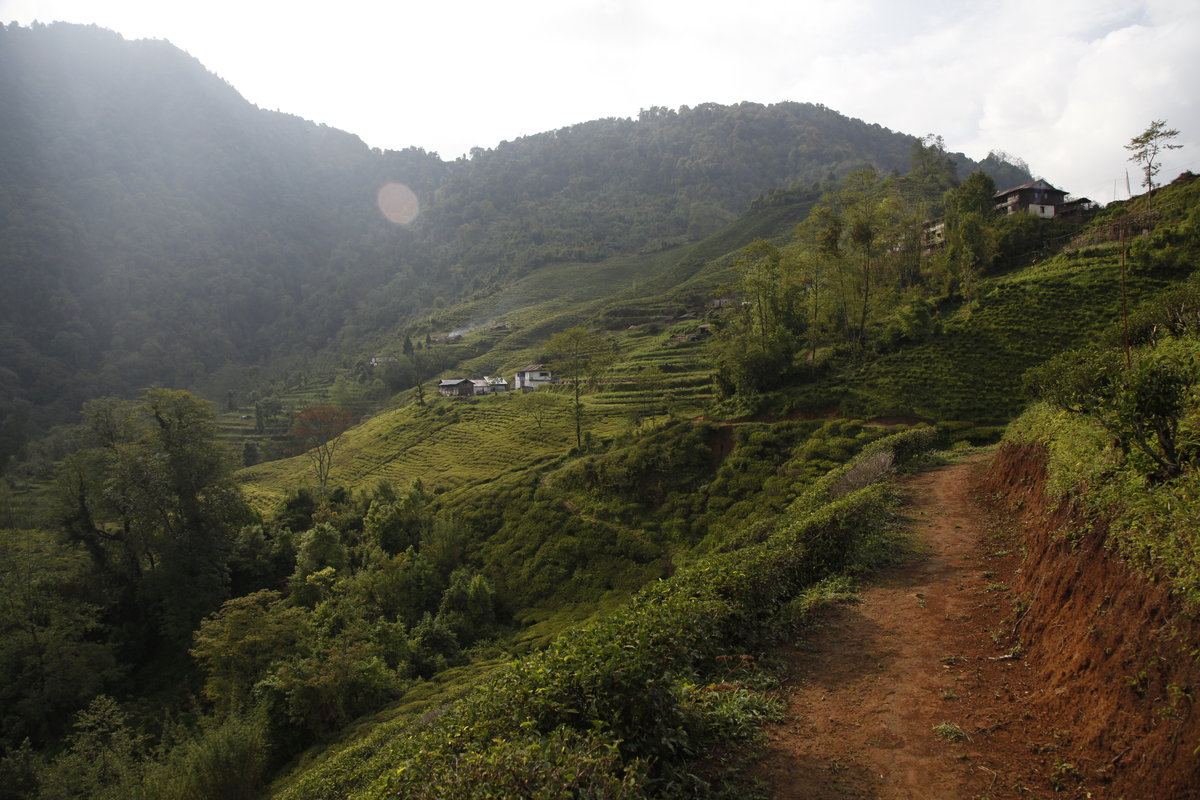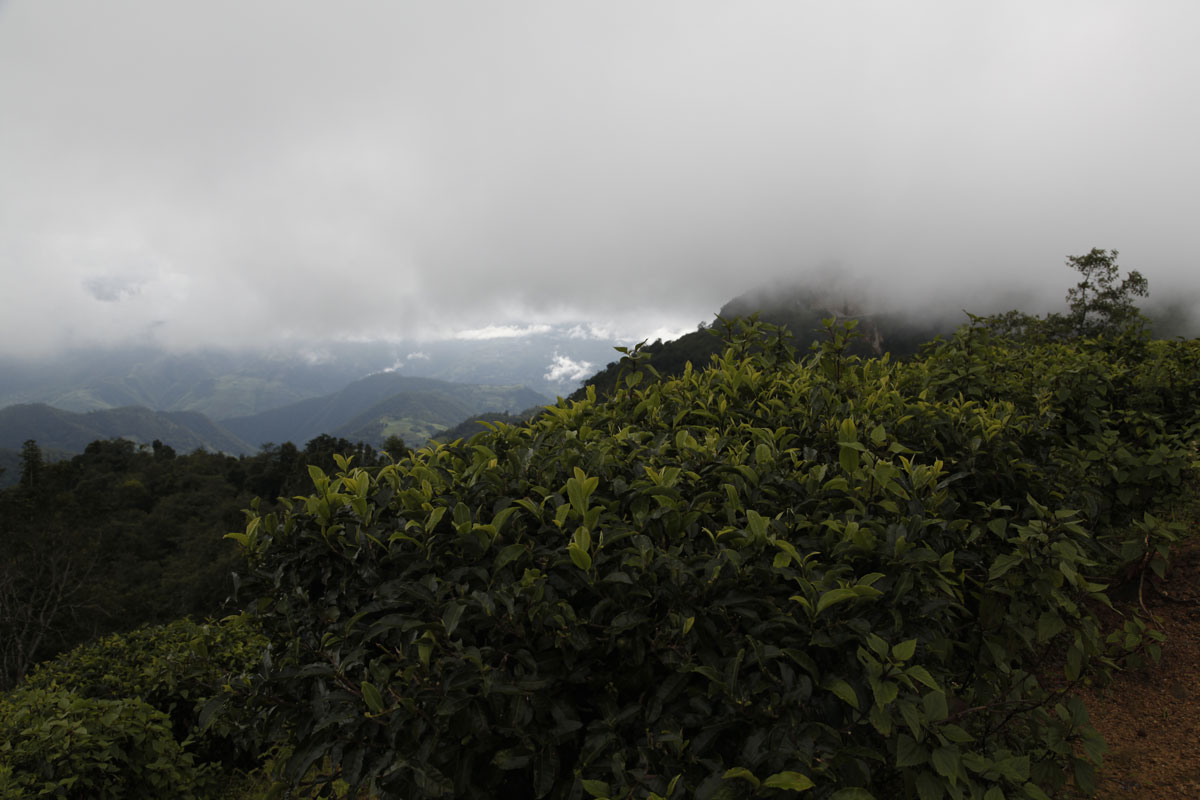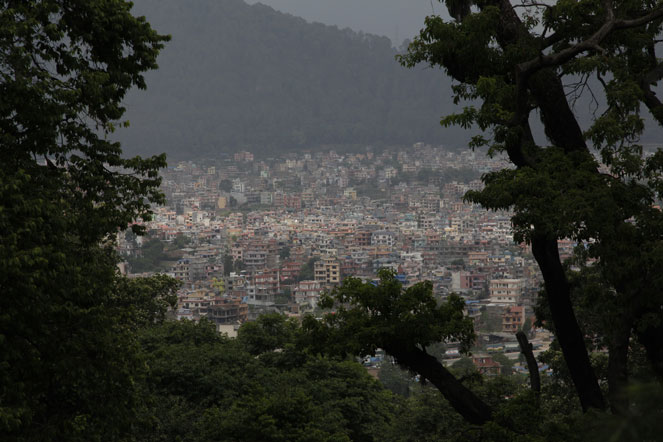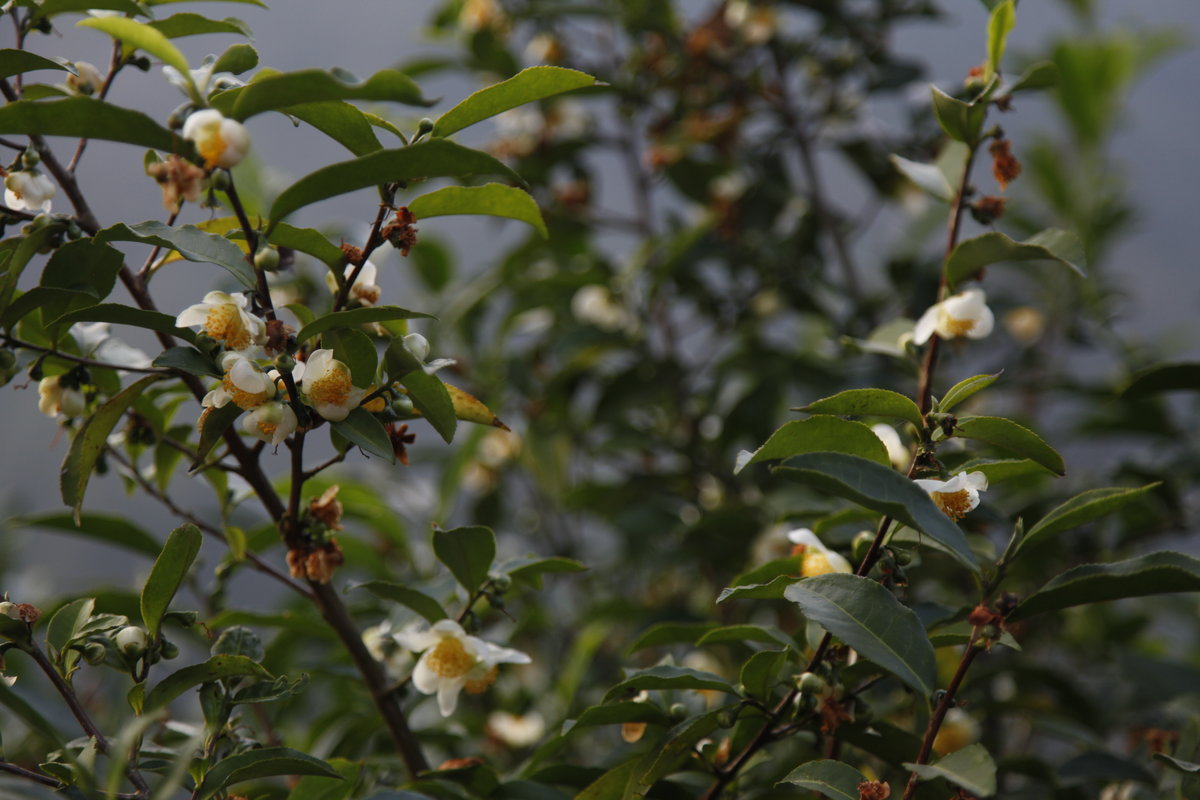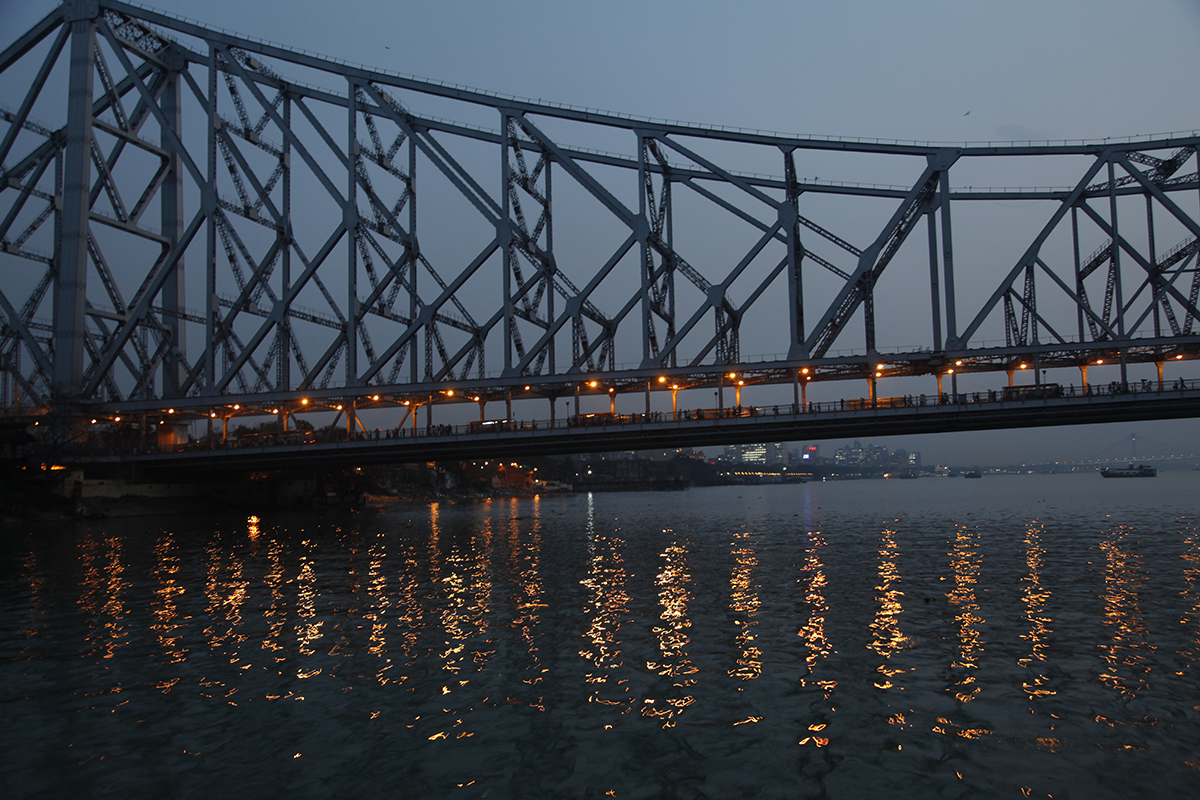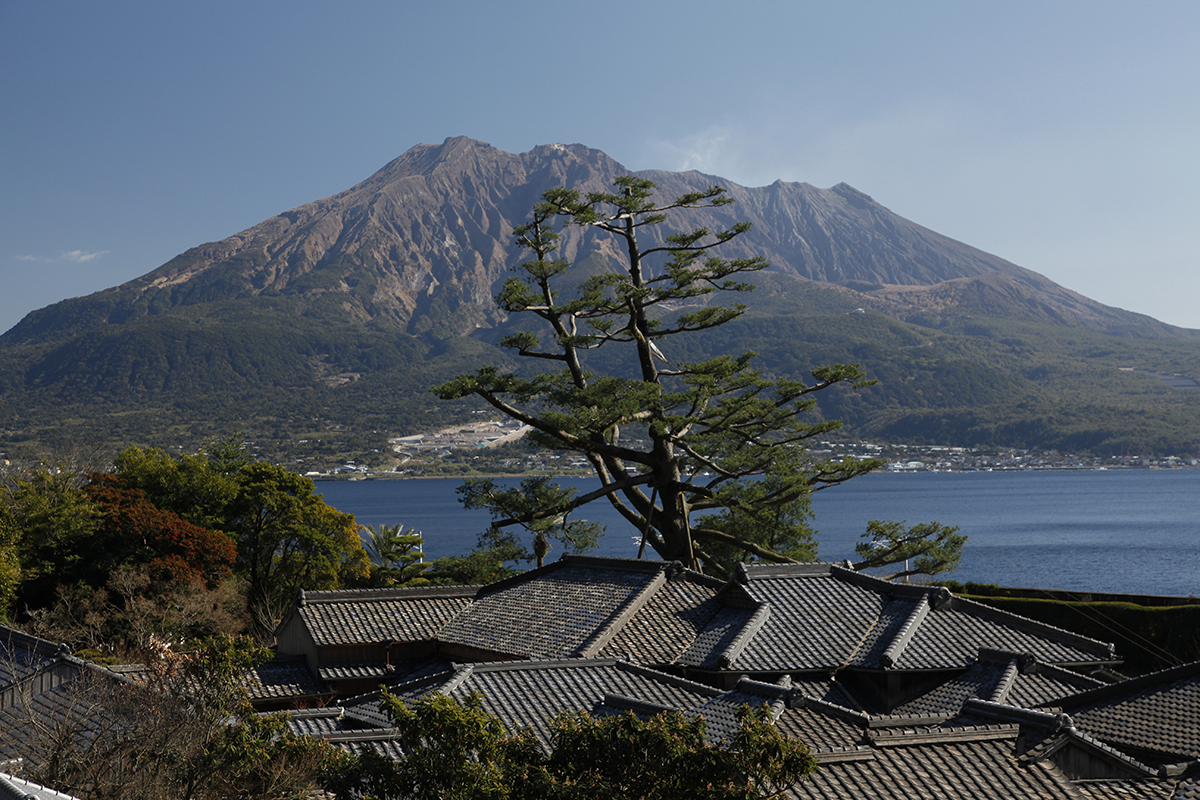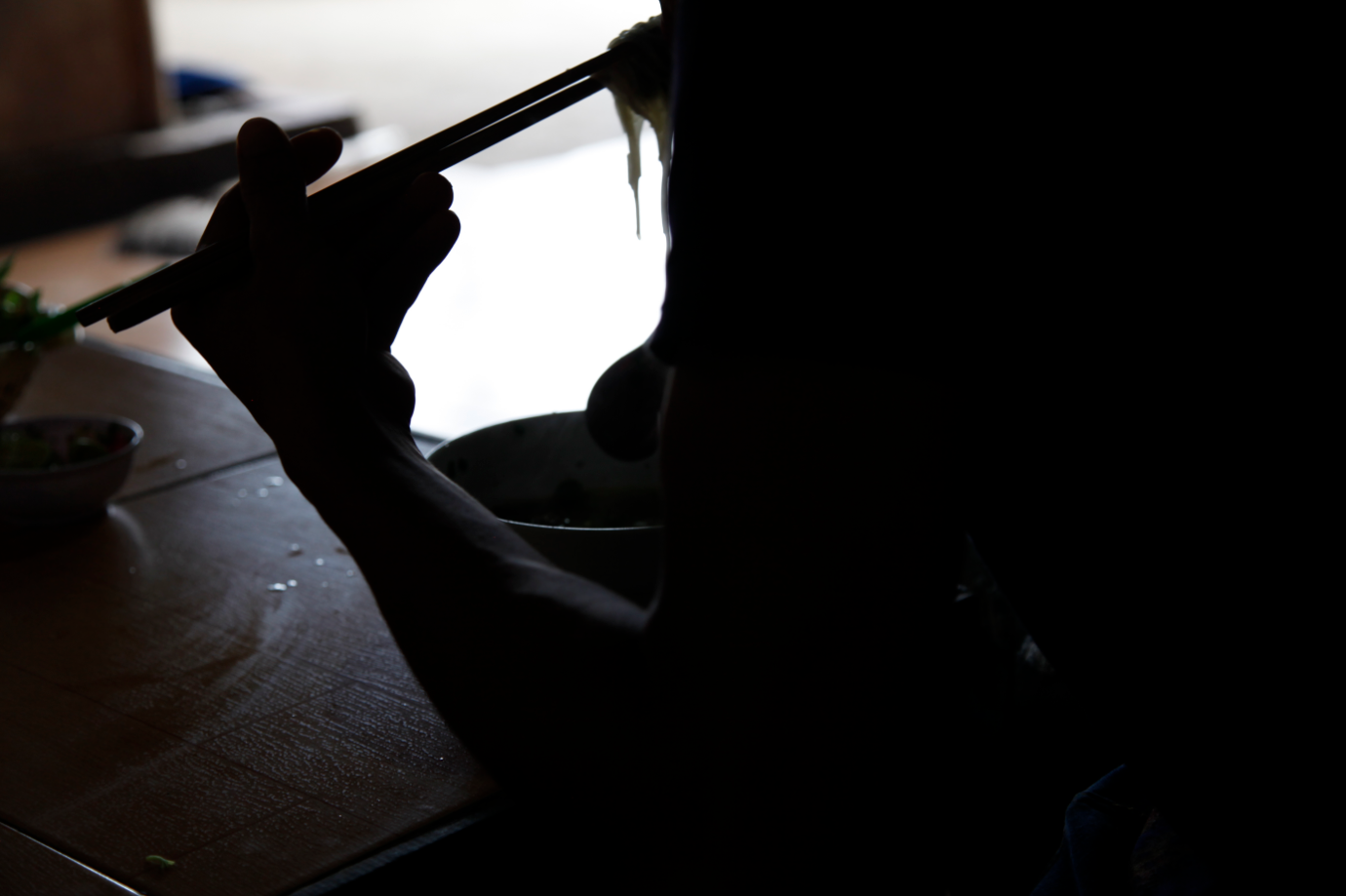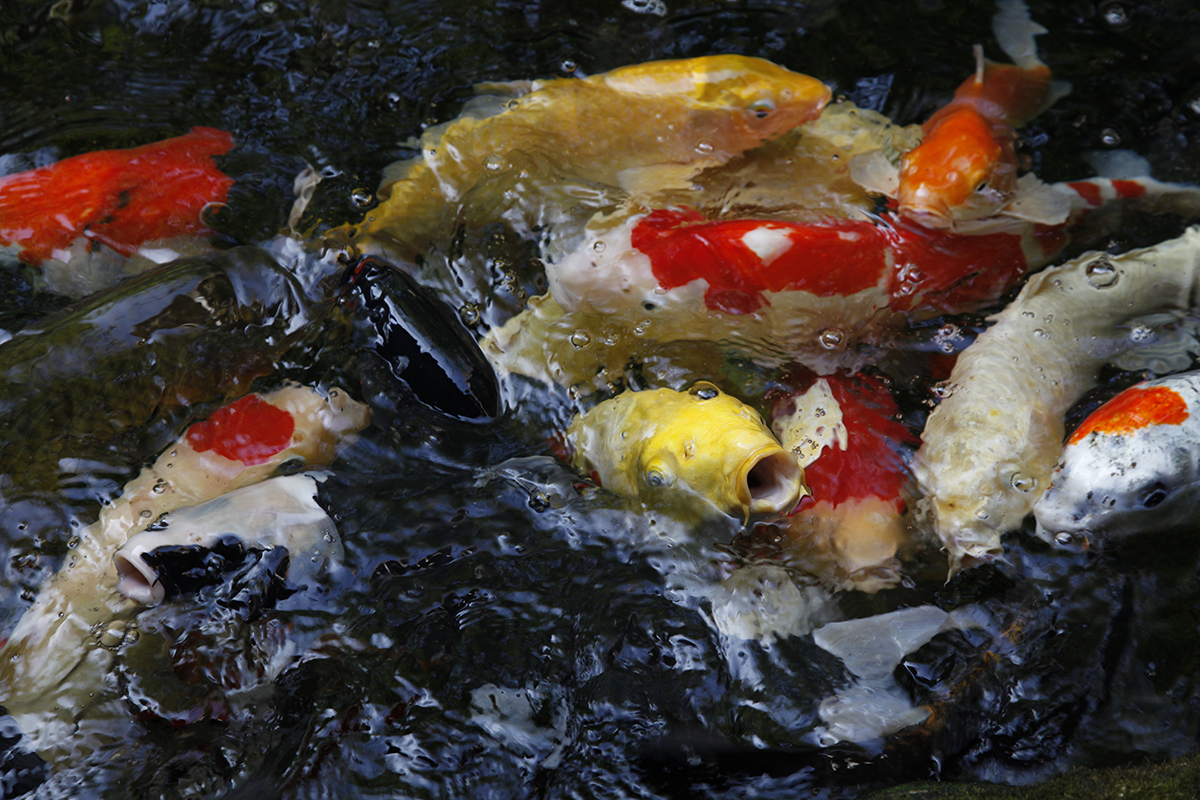Divinities differ from country to country, and while some people are celebrating Christmas, on other continents they worship Shiva, or pray to Allah, or follow the words of Buddha. Through my work I’m lucky to come across people from different cultures and religions, and I love this variety. Happily, we don’t all think the same way yet; our customs and rituals change and we speak different languages depending on where we’re born, and I hope this continues as long as the world exists. It makes travel more interesting. Some people follow a religion, others don’t – although the latter are rare in the parts of Asia and Africa I visit. Among them, I find a multitude of different rites. People pray before a wall, from a pulpit, at the foot of a minaret, or around a stupa. They pray to the wind or fire, they place offerings at the foot of simple statuettes. Whoever or whatever you pray to, and even if you don’t pray at all, I wish you all happy holidays!
Emotions
In silence
I like silence. I hate it when people make noise for no reason. I don’t have a television. I don’t see the point of listening to music constantly. I’ve noticed that many people are afraid of silence. They go around with headphones on, they talk even when no-one is listening, their thumb constantly swipes their phone screen. They are filling a void that feels threatening. But what is there to be afraid of? I’m happy with silence. I’m happy surrounded by nature, away from human noise. It’s the same with photos. A good photo needs no commentary. No noise. You can just look at it.
Remember to be happy
A few days ago, while walking in a remote part of Nepal on a track that winds through hamlets and tea fields, I remembered my first trip to this country a little over ten years ago. I remembered the curfew, the war, the ban on driving at night, the fearful army who pulled your vehicle off the road, made you get out and pointed an automatic weapon at you. I remembered the Maoists who held villagers to ransom, who took their belongings if they couldn’t pay their taxes, and sometimes even one of their sons. I remembered stories of executions, a father or mother in tears. I remembered all this pain, and now, on this little path surrounded by glorious nature, I thought that sometimes we forget to be happy, we forget to see the good things. It’s easy to spend your life lamenting, as if everything was so much better before, as if everything is going to ruins, when sometimes the world is improving. It’s a shame not to think about this, to forget to be happy. So I stopped walking, looked all around me at the incredible landscape in this peaceful country that has put war behind it. I took my time to appreciate it and to feel thankful. Sometimes the world is beautiful.
Head in the clouds
The mountains covered with tea plants rise so high and the clouds sometimes fall so low that there is no room left for the sky. The clouds cover the green blanket of tea plants with mist, envelop them in a layer of cotton wool, caress them, and then disappear. I could stay for hours, in each tea field I walk through, contemplating the beauty of the landscape. And the more I climb, the greater the reward. Tea doesn’t grow above 2,000 to 2,200 metres, but at those altitudes the views are breathtaking. If the mist lets you see them.
There’s a nirvana for everyone
I’m writing from the Nirvana Garden Hotel in Kathmandu. In Buddhist culture, “nirvana” means a state of bliss. I find it in the country’s mountains when I drink sublime teas in a protected landscape, often made up of jungle and neat rows of tea plants. The harmony between the experience of tasting and the contemplation of nature fills me with happiness. Tomorrow, I’m leaving for the Ilam valley in the east of the country, to visit farmers I already know, and meet some new ones.
30 springs!
It’s exactly 30 years ago this month that my life changed. Nothing had previously marked me out for a life in the tea trade. Palais des Thés opened its first boutique in March 1987, in a small backstreet in the sixth arrondissement of Paris. Then there were two stores, then three, and gradually the brand was born. Our learning progressed at the same rate. We needed to travel, to meet people. And what can I say about the loyalty of our customers, except that it still touches us just as much. Every time we open a new store, I meet customers who remember the beginning, who have been there from the first day, or thereabouts, and I still feel the same emotion.
30 years have passed, and our enthusiasm is not only intact, it is stronger now than when we started. We marvel at what lies ahead. There is a lot to keep us busy. The more you know about a subject as rich and varied as tea, the more you realise just how much you still have to learn. For tea, like for wine, one lifetime is not enough. I’ll get back to you in another 30 years. Before then, we’re preparing for new tastings, meeting new people, discovering new things. We’re ready to continue learning about tea and the people who make it, doing the best we can to bring you what I would love to be the finest selection of premium teas in the world. And doing so with the greatest respect for people and our planet. Not harming either of them; on the contrary, thinking far ahead, about those who will come after us.
And as we watch spring awakening, as we look ahead to the next 30 years, here are some tea plants in flower for you.
Waiting for rain.
I’m writing this in Kolkata, a city I love, and which deserves its nickname, City of Joy. The former Calcutta is also a city of tea. Most plantations in Darjeeling and Assam have an office here, as well as a tasting room. When I don’t have time to go to Darjeeling, I spend a couple of days here, which gives me a perfect panorama of the teas available. I go round visiting each of my friends in charge of exporting tea, and ask them as many questions as I can. If they’ve received samples of tea from the mountains, we taste them together. Right now, I can tell you that the situation is not good in Darjeeling. There hasn’t been a drop of rain since October. The temperature is two degrees higher than normal but, without water, the buds are growing at a rate that is alarming the planters.
Once I’ve finished my meetings, I walk down to the river and watch the waters of the Ganga flow past. Howrah Bridge is a symbol of the capital of West Bengal. I imagine all those little lights as prayers to make the rain come.
Sakurajima
Tomorrow I’m leaving Japan and this island of Kyushu I love, this city of Kagoshima, this region of volcanoes, some of the most active on the archipelago. I’m leaving these beautiful and remote tea fields in the mountains, and I’ll show you some photos of them soon. But today I want to share with you my favourite photo, it’s of a volcano called Sakurajima, and I took it while at the Senga-en garden north of Kagoshima. This is one of the most beautiful bays in the world, and here, tea grows inland as well as on some of the islands that lie off the coast. Green tea, of course, but also some black teas that aren’t always necessarily that special but are starting to sell as far away as Tokyo.
In praise of shadows
If you want to get to know Japan, I recommend, as well as “The Empire of Signs” by Roland Barthes, “In Praise of Shadows” by Junichiro Tanizaki. I brought it with me to read here, in Japan. It talks about the relationship we have with light in the West and East: diffuse light versus direct light; a love of shiny things compared with a preference for matt. In the West, we want total light; elsewhere, like in Japan, more of a half-light. Tanizaki also talks about lacquerware, darkness, and Japanese cuisine, which go with shade. He says, about this cuisine, both the food itself and the dishes in which it’s served: “In the glare of harsh light, its aesthetic virtues would disappear in a flash.” He also says something I really like: “We Orientals make things beautiful by creating shadows in places that in themselves are insignificant.”
Enjoying a detour
Many people think I only visit the plantations at harvest time. This couldn’t be further from the truth. I like to meet a planter or farmer when he has time for me, and nothing to sell. When he’s not constantly preoccupied by the quality of the tea he’s making at that moment. In Japan, if I visit the tea fields during the first half of May, when the country’s finest teas are being produced, the farmer will have very little time to spare. He’ll look after me, of course, but he’ll be stressed, because from sunrise to sunset he’ll be dashing between fields and factory, and trying his best to be in both places at once. On the other hand, now, at the beginning of January, here in Japan, farmers have time to spare. We can sit down together and taste plenty of teas, we can walk along the rows of tea plants, and inspect every tool and machine. I can understand the farmer’s challenges and ask plenty of questions. Then we can go and have lunch together in a traditional hostelry and sing the praises of the local specialities, enjoy the way the room looks out over a small pond, admire the beautiful carp, talk about everything and nothing. That’s how you learn. I’ve learnt an enormous amount about tea and how it’s grown in this way, by taking my time. Much more than I would by coming in the harvest season and hurriedly tasting and buying what I need. In life, and particularly in Japan, nothing beats taking your time, not worrying about wasting it. There is nothing to lose by doing things slowly. This is how I do things in every tea-producing country. Sometimes I visit in the harvest season, but I know that I also need to be there to listen, to understand. Above all, it’s important not to imagine that nothing happens outside the harvests. And it’s important to value slowness, especially in Asia. Here, it’s best to avoid rushing, efficiency, yields. Instead, we can enjoy the experience of a detour.

